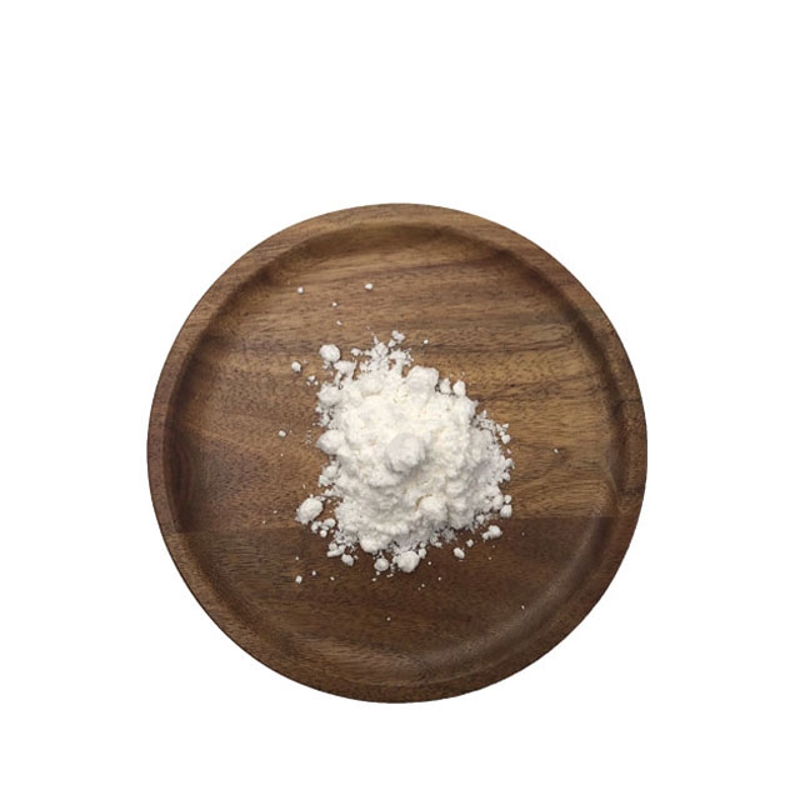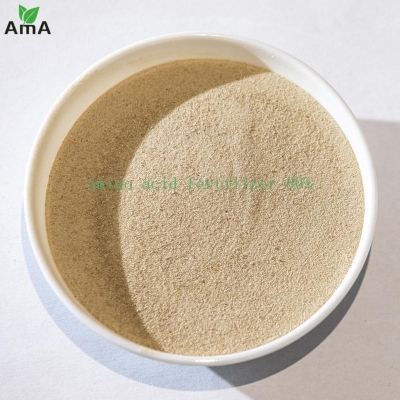Use rules of automatic water softener
-
Last Update: 2019-08-27
-
Source: Internet
-
Author: User
Search more information of high quality chemicals, good prices and reliable suppliers, visit
www.echemi.com
Full automatic water softener, as the name implies, is a device to reduce the hardness of water It can be widely used in the supply water softening of steam boiler, hot water boiler, heat exchanger, evaporation condenser, air conditioning, direct fired machine and other systems It can also be used in hotels, restaurants, office buildings, apartments and other domestic water treatment and soft water treatment in food, beverage, wine making, laundry, printing and dyeing, chemical industry, medicine and other industries 1 The use and maintenance of softener tank is the key sealing equipment in softener water preparation process It is made of stainless steel and glass fiber reinforced plastics, and is equipped with a certain number of cation exchange resins Their main function is to replace the cation resins in the water when the raw water flows through the resin layer, so as to reduce the calcium and magnesium ions in the water, and to provide customers with industrial softened water that meets the national standards When the exchange capacity of the resin is saturated by calcium and magnesium ions in the water after the automatic softener works for a period of time, the salt tank will automatically feed water at this time, and the ion exchange resin will be regenerated with brine to restore the exchange capacity of the resin 2 Selection of resin 1 Ion exchange method is mainly used to remove soluble salts in water When selecting resin, factors such as raw water quality, treatment requirements, exchange process, investment and operation cost should be considered comprehensively When separating inorganic cations or organic basic substances, cation resin should be used; when separating inorganic anions or organic acids, anion resin should be used For the separation of amino acids and other amphoteric substances, both cation resin and anion resin can be used For some precious metals and metal ions, chelating resin can be selected for recovery For organic compounds, macroporous resin with low crosslinking degree should be used Most desalination systems use strong resins 2 In wastewater treatment, weak resin should be used for ions with high exchange potential At this time, the exchange capacity of weak resin is strong, regeneration is easy and operation cost is low When there are many kinds of ions in the waste water, the exchange selectivity can be used for multi-level recovery If there is no need for recovery, Yangming resin can be used for mixing 3 How to keep the ion exchange resin well 1 Antifreeze: the ion exchange resin should be stored indoors, and the ambient temperature should be kept at 5 ^ 400C The resin contains a certain amount of water when leaving the factory If the temperature is below 0 ° C, the water in the resin will freeze, increase the volume, cause the resin to be crushed and cracked, thus losing the ion exchange capacity If the ambient turbidity around the resin may be lower than 5 ℃, in order to prevent the resin from freezing, the ionic resin can be used and stored in salt water solution However, the concentration of salt water should be prepared according to the temperature conditions, and different concentrations of salt water should be prepared at different temperatures to prevent the salt water from freezing and the ion resin price from being damaged 2 Anti drying: the ion exchange resin is dried due to heating, sun exposure and water evaporation, or the water disappears during storage, transportation and use, which causes the volume of ion exchange capacity to shrink and expand, resulting in resin breakage or resin mechanical strength reduction, thus reducing the ion exchange capacity In this case, do not put the resin directly into the water, but soak it in saturated salt water first, so that the resin will not be broken until it expands slowly Ion exchange resin shall not be placed in the open air In addition, the ion exchange resin is not suitable for long-term storage, generally not more than 5 years Otherwise, the exchange capacity of the anion resin may be reduced obviously because of the decomposition of the exchange group 3 Mildew prevention: ion exchange resin is not used in the exchanger for a long time, which will grow moss and bacteria, so that it will become moldy and cause ion resin pollution Therefore, it is necessary to change water and backwash regularly It can also be disinfected by soaking in 1.5% formaldehyde solution For the storage of ion exchange resin, the anion resin and cation resin must be stacked separately, labeled, and must not be mixed.
This article is an English version of an article which is originally in the Chinese language on echemi.com and is provided for information purposes only.
This website makes no representation or warranty of any kind, either expressed or implied, as to the accuracy, completeness ownership or reliability of
the article or any translations thereof. If you have any concerns or complaints relating to the article, please send an email, providing a detailed
description of the concern or complaint, to
service@echemi.com. A staff member will contact you within 5 working days. Once verified, infringing content
will be removed immediately.







